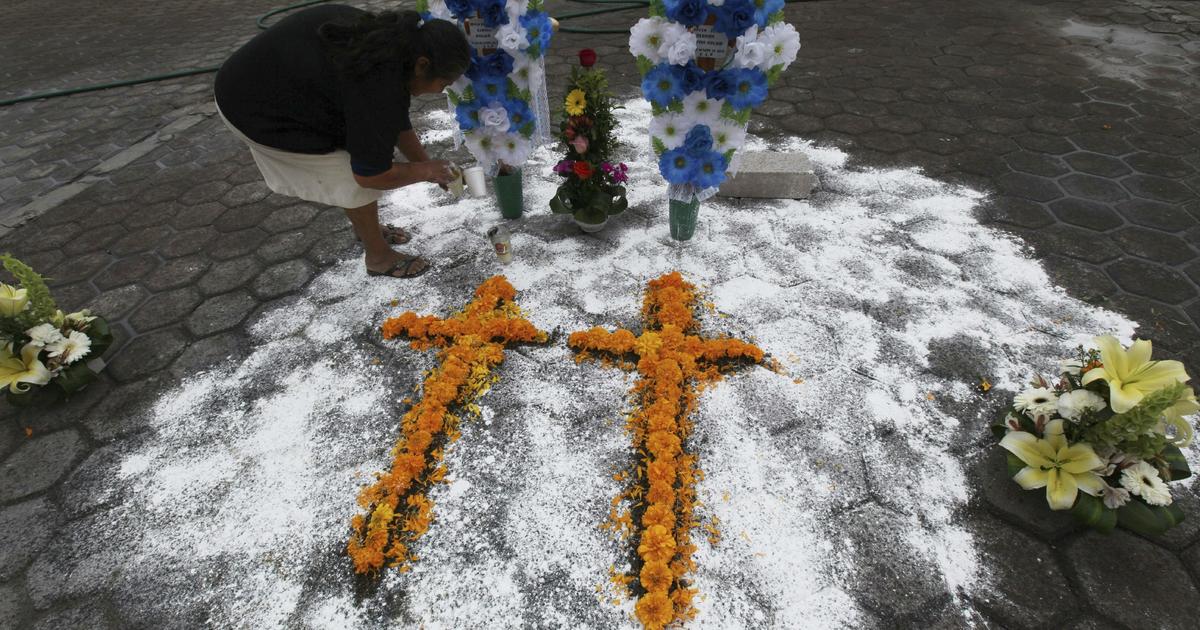A mob in Mexico attacked a young political adviser and then set him on fire over child trafficking accusations shared on chat groups, local authorities said Sunday.
Daniel Picazo, 31, was lynched by a crowd of 200 people in the central state of Puebla after accusations that a suspected child kidnapper had entered the town were widely shared on telephone messaging groups, municipal authorities said.
Police attempted to rescue Picazo and placed him inside a patrol car but the mob forced him out and into a sports field where he was beaten, doused with gasoline, and set on fire while still alive.
“This is not justice, but barbarism,” the municipality of Huachinango, which administers the town of Papatlazolco where the lynching took place, said in a statement. “The competent authorities are already investigating what happened to determine responsibility.”
On Sunday, the municipality posted on Facebook: “Don’t fall for the #FakeInformation! Be sure to verify all types of information being spread through any media.”
Picazo’s body was recovered after the mob left the area.
Until March 2022, he served as an advisor at the legislative Chamber of Deputies, the institution confirmed on social media while condemning the lynching.
Mob justice is not uncommon in parts of Mexico, particularly in more remote areas where police are slow to arrive.
One of the most dramatic cases occurred in 2019, also in Puebla, when seven men were beaten and burned alive.
In 2018, two men were burned to death in Puebla after rumors spread on WhatsApp that they were child abductors, BBC News reported. The rumors turned out to be untrue.
Jose Gil, the deputy minister for Information and Cyber Intelligence in Mexico City, told the BBC that social media plays a role in many crimes.
“Social media can really alter a community through the spread of false information that many of us perceive as truthful, because it’s being sent by people we trust,” he said. “Society really needs to evaluate what is true and what is false, and decide what is trustworthy and what is not.”
In this Oct. 21, 2015 file photo a woman creates a makeshift memorial, in front of the Municipal Palace in Ajalpan, Puebla, Mexico, for two pollsters mistaken for criminals who were killed and burned by a mob.
Marco Ugarte / AP
